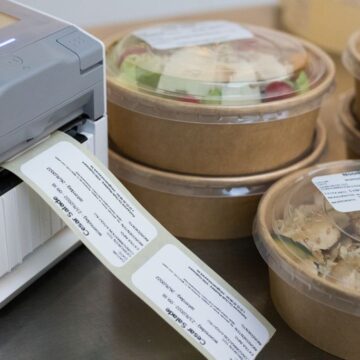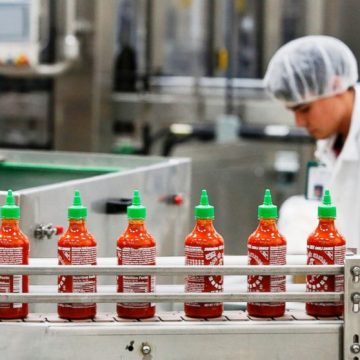Many individuals think food trucks are only a luxury item available only to the rich. However, the truth is that food trucks require very little in the way of start-up capital to get started and operate. In most instances, owners simply use their personal vehicles as mobile kitchens, delivering food to local restaurants and grocery stores. The actual costs related to operating a food truck business vary greatly depending on the individual needs of the owner. While some trucks can cost as little as $500, others can cost several thousand dollars.
To start, it is important to find a place for your mobile catering operations. In many cases, an existing business will prove to be the best option. It is also possible to purchase a franchise, which provides many advantages. A franchise may require less investment in terms of time and money than starting from scratch. However, research is required to make sure the company offering you financing for food trucks is legitimate. In addition, using a well known company with years of experience in the mobile catering field can help reduce risks associated with business ownership.
Once you have determined a location for your Sandwich Food Trucks, it is time to look into purchasing a vehicle. For most food trucks, this involves driving a personal vehicle. Some companies allow delivery of food via a variety of different methods, including a trailer. There are also gourmet trucks that can be placed on the side of a tractor or other vehicle. One thing to keep in mind when choosing which mode of transportation you choose, however, is the amount of space you have available to store the vehicle.
If you decide to buy your food trucks outright, it is important to get all necessary paperwork in order before making the purchase. Depending on your specific type of license, you will most likely need a city permit for street food catering. A state license may also be required depending on your specific location. No matter what type of license you obtain, food trucks’ owners are still held accountable to local health codes. Food vendors must always make sure their vehicles are cleaned, oiled, and running smoothly at all times. Any type of mechanical malfunction while on the road could result in an accident that costs you a citation.
In addition to complying with health and safety regulations, food trucks’ owners also must comply with all local rules and ordinances. Food vendors must notify their local law enforcement agencies when they place food trucks on the road. If the vendor fails to do so, a citation could be issued. Depending on the situation, the vendor might even be forced to remove the food trucks from the road until the citation has been lifted.
The food trucks you buy for street food catering events should offer plenty of seating for your guests. They should also be located near restrooms, concession stands, and tables for dining. When you buy food trucks for special events, be prepared to fill them up quickly! Many people enjoy filling up their plates with as much food as they can before the event is over. Once your guests leave, the food truck will be gone for good!













